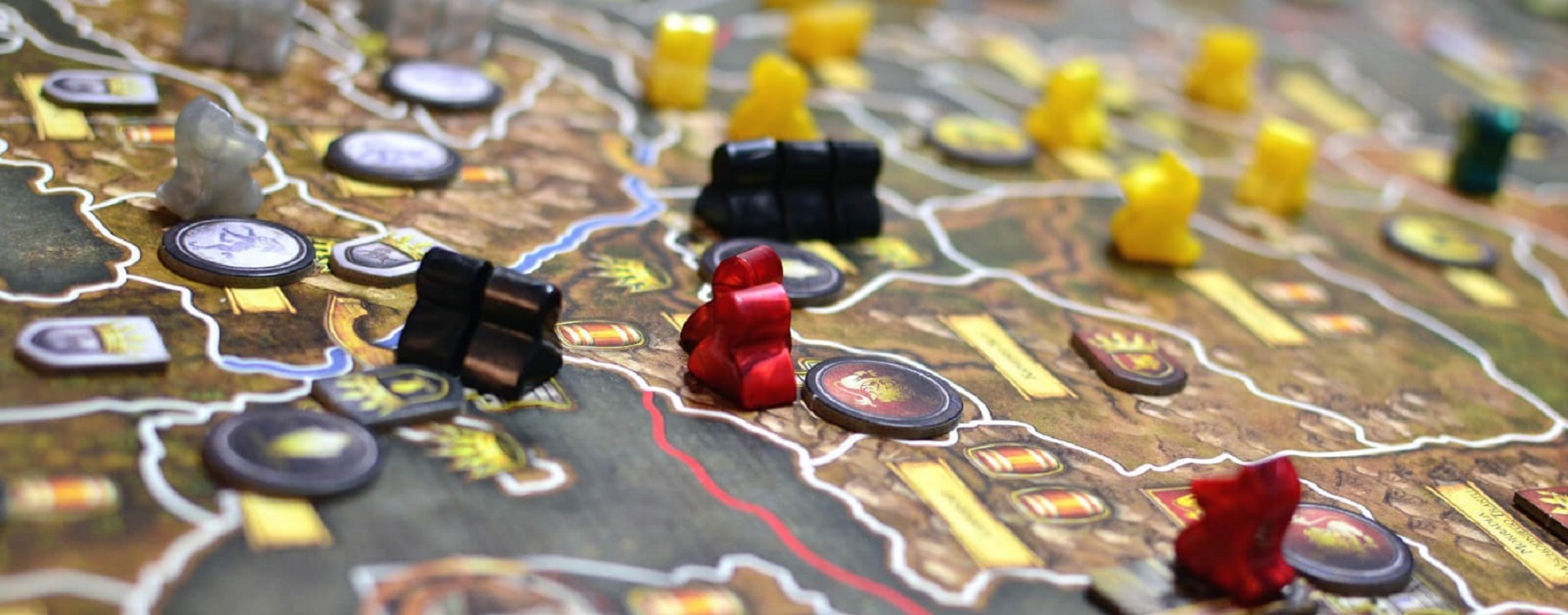Why are we doing this project? Play and games as a right, for improving skills and wellbeing
Play is an unquestionable right for all children and young people and is a basic activity in the life and global development of people. Play is in its essence an end in itself. In a secondary level, play can also be a tool with which to work cross-cutting skills. Through play and concretely through board games, cognitive and social development is fostered: rules are learned and assimilated, thought and strategy are stimulated, decisions are made, conflicts are resolved, and interaction is carried out. Play has a decisive role in the integral development of children and young people from an emotional, physical, intellectual and social well-being perspective.
Promoting a game culture within care services for young people
The Domus Ludens Project- A House that plays has as general objective improving – through play, and in particular board games – the subjective wellbeing and acquisition of skills of young people in residential care. This is a vulnerable population segment that enters residential care centres after having suffered a situation of neglect or abuse in their family of origin. They often suffer emotional needs and other associated difficulties such as attention deficits, impulsivity and sociability issues. According to our experience, protection services tend to prioritize actions focused on the promotion of education, employability, autonomy, and the relationship with the family of origin, and often relegate the benefits of play and games as a tool of integral development to a secondary level, either by a lack of training, space or resources.
Project target groups
Youth workers providing services in residential care facilities.
Youngsters in residential care aged 13-17 years old

